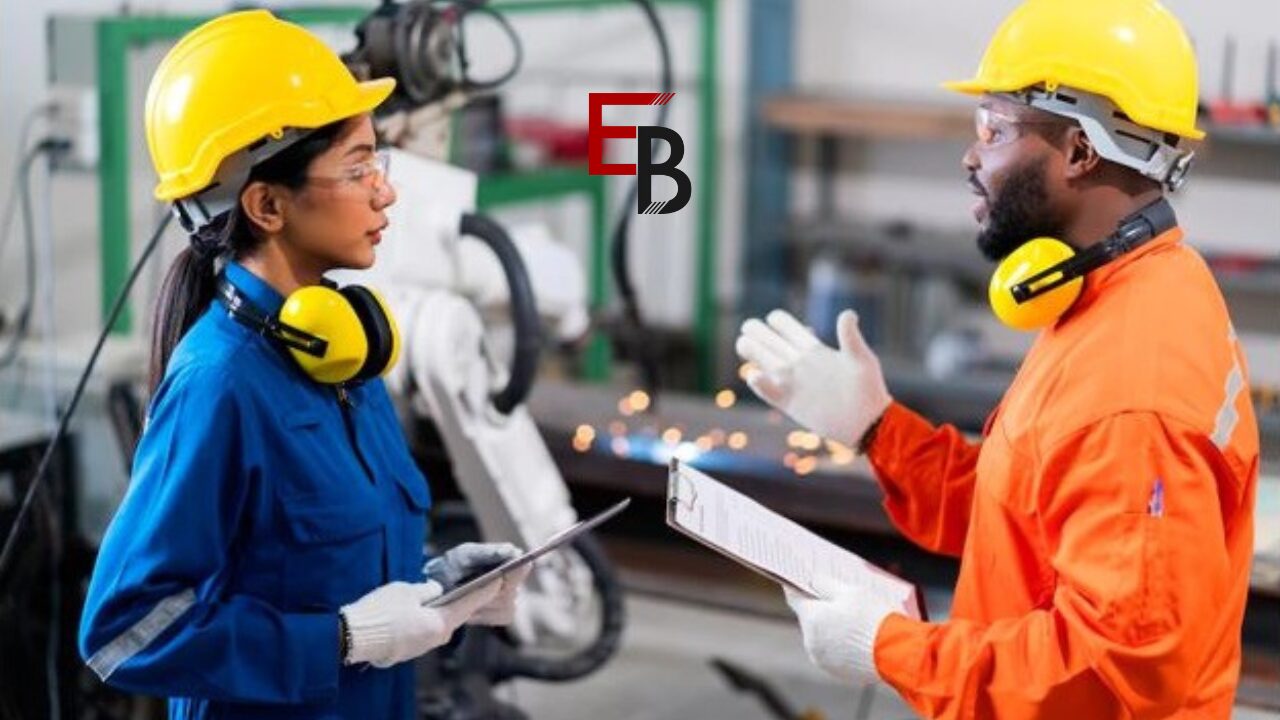Managing employee health and safety in risky jobs

Some jobs in the UK are known to be more dangerous than others. Working in an office, for example, doesn’t often come with risk daily.
Working in such industries can mean your employees are regularly risking their health. Without the correct safety measures, your business could be in legal trouble as your employees sue for compensation following an accident. Amputation claims, for example, are often long and complex processes as well as being life-changing for your employee.
High-risk jobs
High-risk jobs are typically found in the construction, engineering, and other manual labor industries. You may immediately consider roles such as miners, roofers, fishermen, or zookeepers. It is worth noting that the emergency services have hazardous jobs, too, with a constant risk of violence, assault, and harm.
In a survey by Forbes, firefighters and police officers took the first and second spots. Warehouse workers came in third. The construction industry was ranked third most dangerous.
Health and safety measures you can implement
All businesses should have robust risk assessment procedures that aim to identify hazards so that safety measures can be implemented.
Identify personnel
Before you begin, identify which of your workers work in a high-risk environment. Administrative staff, for example, won’t be onsite for construction companies, whereas bricklayers and crane operators will.
Once you have accurate information, you can focus on targeted safety measures such as personal protective equipment, training, and other safety equipment.
Update your policies and procedures.
Your workers must know precisely what is required regarding safety and mitigating risk. For example, forgetting your mask if you are welding is unacceptable and will result in consequences.
On the other hand, people who are meticulous about their equipment and following procedures should be rewarded and praised. Safety is an issue for all staff, so it is essential to cultivate a safety culture.
If you do review your procedures and make some changes, be sure to inform all staff. You could ensure you have spoken to all staff by asking them to sign a confirmation form after any training.
Train regularly
Training is a huge part of keeping people safe. It would be best if you were consistent, from learning new skills and machinery to annual reminder training to ensure all workers are on the same page. A microlearning system can be a great tool to deliver short, focused training sessions that reinforce key concepts and improve retention.
As part of your hiring process, all new staff could be required to complete some mandatory training relevant to their job role.
READ MORE
Maintain equipment
Keeping the equipment your staff use in top condition is one of the many responsibilities of your company. If your staff were injured due to negligence, such as broken machinery, you will be left in a tight spot legally.
You could ensure that all equipment is checked annually as standard practice before and after each new project. This will allow you to stay on top of issues and get them fixed as soon as possible to prevent injury.
